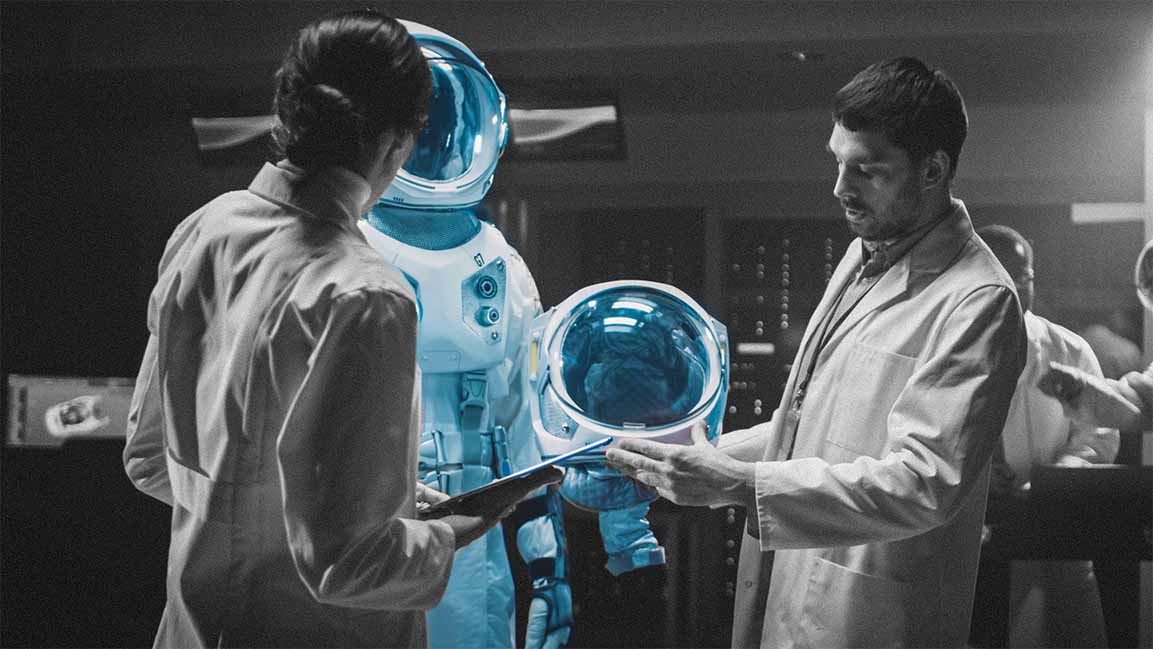- | 10:00 am
MBRSC launches second analog study for future expeditions
Universities in the UAE will have a significant role in the second analog study via scientific research studies.

To shape the scientific methodologies and technological innovations required for future expeditions to the Moon, Mars, and beyond, Mohammed Bin Rashid Space Centre (MBRSC) has started the second analog study of the UAE Analog Program as part of NASA’s Human Exploration Research Analog (HERA).
The analog study will hold 180 days of research work across four phases, 45 days each, with the first phase scheduled to begin on January 26.
Through the study, the analog crew members will study how they adjust to isolation, confinement, and remote conditions on Earth before sending astronauts on long-duration missions.
The Emirati analog crew members will begin participating in the second phase, scheduled for May 10, while the third and fourth phases will kickstart on August 9 and November 1.
Salem Humaid AlMarri, Director General, MBRSC, said: “The UAE Analog Programme is instrumental in deepening our understanding of the challenges and nuances of long-duration space missions.”
The crew members taking part in the analog will further participate in the research team at the Johnson Space Center, with science and maintenance tasks being performed inside HERA.
Scientists can then utilize this data to develop strategies to prepare astronauts for interplanetary missions and, eventually, for ventures to Mars, per the Mars 2117 Programme.
Adnan AlRais, Mars 2117 Programme Manager, MBRSC, said, “As we simulate the conditions of space here on Earth, we are not only testing human endurance and adaptability but also refining the technologies and strategies that will be pivotal for the success of future expeditions to the Red Planet. Each discovery and lesson learned from these analog missions also brings us a step closer to turning the ambitious vision of the Mars 2117 Program into a reality.”
All four phases of the second analog study will be supported by studies provided by local universities.
One of the universities includes the United Arab Emirates University, which will contribute in three major areas: investigating glucose metabolism dysfunctions caused during the isolation period using metabolomics, detecting deficits in brain function due to cognitive fatigue, and an optical-based cardiovascular vital signs monitoring, exploring new methods to assess heart health in isolated environments.
The Mohammed Bin Rashid University of Medicine and Health Sciences will also contribute to two studies that assess changes in whole-body energy consumption before and during isolation and examine the effects of prolonged exposure to a space analog environment on cardiovascular variability and cardio-postural interactions.
The American University of Sharjah will give insights through a study assessing mental stress in isolation and confined environments.
Now accepting applications for Fast Company Middle East’s Best Workplaces For Women 2023. Click here to register.































